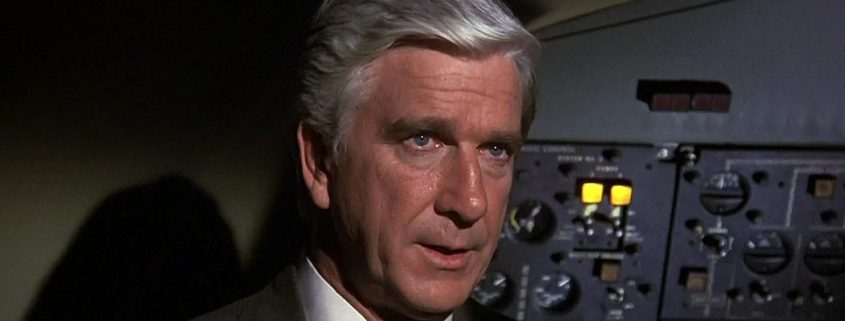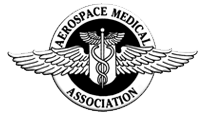Don’t Call Me Shirley
The comic conflicts in the 1980 movie Airplane were amusing but real flight crew feuds can be pernicious, even outright dangerous. It is critical that pilots and other crew members transcend petty or baited quarrels and maintain effective communication. If conflicts are a regular occurrence for a particular crew member, or the conflict is deemed harmful, personnel actions are usually taken. A fitness for duty evaluation may be called for and this often includes neuropsychological screening. A pilot’s reputation and career may be affected at this point as these evaluations can be very unforgiving and may reveal an undiagnosed medical issue.
Everyone has cognitive strengths and weaknesses. Neuropsychological screening tests are sensitive and often a weakness is identified which is so subtle that the person evaluated is unaware of it. Unfortunately for the pilot even a small brain power issue can be large enough to present an obstacle for FAA medical certification. Sometimes the pilot has no significant medical issues but for reasons not related to mental fitness they simply do not do well enough to pass the testing.
The following is a typical scenario: Joe Pilot has a conflict with crew members. It isn’t the first time this has happened so his behavior is criticized. He has a cognitive evaluation and scores poorly. The report is sent to the FAA and his medical certification is revoked.
While permanent medical certification denial is not common, employment actions to address personnel conflicts can be costly for both pilots and employers. Neuropsychological tests can cost thousands of dollars plus the cost of grounding an experienced pilot. An aviation-specific conflict resolution training program can reduce conflicts and costs.
Pilot Medical Solutions recently co-sponsored meetings with the FAA and other Aerospace Medical Association members. Crew conflicts and cognitive evaluations were discussed throughout the week-long meeting. During one session Doctor Jack Hastings raised questions about the use of cognitive testing and suggested that simulators should be considered to replace or augment conventional cognitive testing. While all agree that safety is the primary goal, some believe that how well a pilot flies an aircraft fully demonstrates their essential cognitive strength. Others point out that neuropsychological issues may manifest themselves even after a successful simulator check. The conclusion of the latter group is that the use of neuropsychological testing, as found in cognitive screening tests such as the Cogscreen®, is more likely to reveal potentially unsafe issues. Most agree that regardless of the type of evaluation method used, safety should be enhanced and the unnecessary grounding of safe pilots should be minimized. Both careers and safety dictate that straightforward strategies are employed to establish flight fitness and maintain FAA medical certification. To those who say that this issue is really not a problem, surely you can’t be serious.







I just want to say this is a valuable article. It is sad how easy it is to lose a career.
Thank you leftseat!
DS
I just want to say: Good luck, we are all counting on you!
Very Funny! Thanks